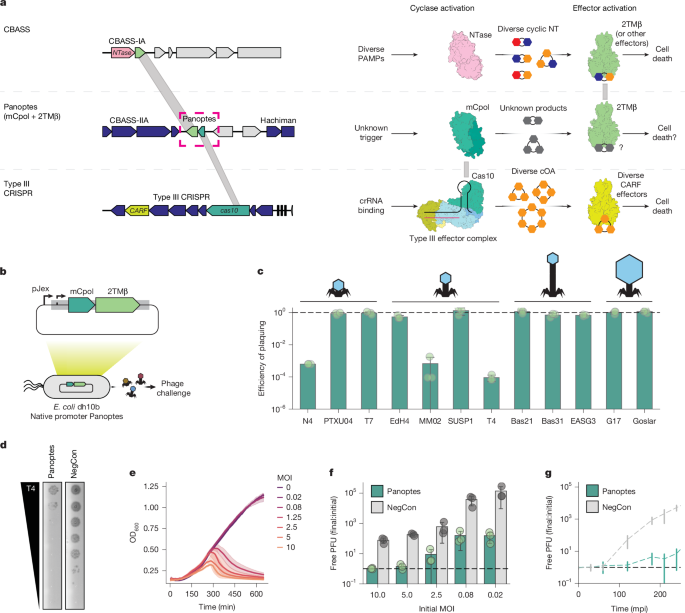NYGazet | U.S. Breaking News, New York Headlines & Global Journalism NYGazet is a trusted, fast-growing digital news platform delivering breaking news, top U.S. headlines, and real-time global coverage. Founded in New York City, NYGazet combines local insight with national reach and international reporting — covering the stories that matter most to Americans and readers around the world. Our newsroom provides 24/7 updates across all categories, including politics, crime, economy, weather, education, health, culture, and global affairs. Whether it's a headline from Washington, D.C., a borough update in Brooklyn, a market shift on Wall Street, or an international conflict overseas — NYGazet delivers fast, accurate, and impactful journalism.
What We Cover Breaking News USA – Live coverage of national emergencies, shootings, disasters, and high-impact events New York News – Local headlines, city politics, subway delays, borough updates, and NYC crime reports Politics & Government – U.S. elections, Congress, policy changes, White House updates, and Supreme Court decisions Crime & Public Safety – National crime news, law enforcement investigations, and justice system coverage Business & Economy – Stock market news, tech industry trends, inflation, jobs, small business, and consumer insights Health & Wellness – Public health, mental health, medical breakthroughs, and wellness tips Weather & Climate – Storm alerts, heatwaves, natural disasters, and climate change reporting Education – K–12 schools, higher education, student loans, curriculum changes, and school district news Culture & Entertainment – Film, television, celebrity news, music, social media, and trending topics World News – Global conflict, diplomacy, foreign policy, and international affairs Opinion & Editorials – Commentary from respected journalists, everyday citizens, and community voices
Local Roots, National Coverage, Global Reach While based in New York City, NYGazet covers all regions of the United States and key parts of the world, delivering trusted reporting wherever news happens. New York City Coverage We cover all five boroughs and beyond: Manhattan, Brooklyn, Queens, The Bronx, Staten Island, Harlem, SoHo, Chelsea, Upper East Side, Lower Manhattan, Williamsburg, Long Island City, Flushing, Downtown Brooklyn New York State Coverage Our journalism spans the Empire State, including: Albany, Buffalo, Rochester, Syracuse, Yonkers, Schenectady, White Plains, New Rochelle, Mount Vernon, Hempstead, Utica, Poughkeepsie, Binghamton, Long Island
Nationwide News – Every State, Every Region Whether you're in Alabama, Alaska, Arizona, Arkansas, California, Colorado, Connecticut, Delaware, Florida, Georgia, Hawaii, Idaho, Illinois, Indiana, Iowa, Kansas, Kentucky, Louisiana, Maine, Maryland, Massachusetts, Michigan, Minnesota, Mississippi, Missouri, Montana, Nebraska, Nevada, New Hampshire, New Jersey, New Mexico, New York, North Carolina, North Dakota, Ohio, Oklahoma, Oregon, Pennsylvania, Rhode Island, South Carolina, South Dakota, Tennessee, Texas, Utah, Vermont, Virginia, Washington, West Virginia, Wisconsin, or Wyoming — NYGazet covers stories from your state.
Major U.S. Cities and Regions We Cover Northeast New York City, Buffalo, Albany, Boston, Worcester, Hartford, Bridgeport, Stamford, New Haven, Providence, Philadelphia, Pittsburgh, Newark, Trenton Midwest Chicago, Detroit, Columbus, Cleveland, Minneapolis, St. Paul, Indianapolis, Milwaukee, Omaha, Kansas City, Des Moines, St. Louis South Atlanta, Miami, Orlando, Tampa, Charlotte, Raleigh, Nashville, Memphis, New Orleans, Birmingham, Louisville, Richmond Southwest Dallas, Houston, Austin, San Antonio, Phoenix, Tucson, Albuquerque, Oklahoma City, Little Rock, Las Vegas West and Pacific Northwest Los Angeles, San Diego, San Francisco, Sacramento, Seattle, Portland, Denver, Salt Lake City, Boise, Anchorage, Honolulu Heartland and Rural America We report from small towns, tribal lands, farming communities, and overlooked local governments across the country. Every voice matters.
Global Coverage In addition to national reporting, NYGazet covers major developments from around the world — with expert analysis and real-time updates from Europe, the Middle East, Asia, Africa, Latin America, and Oceania. We connect global events to their impact on American readers, businesses, and communities.
Why Readers Trust NYGazet Around-the-clock breaking news and live coverage Based in New York, focused on national and international relevance Optimized for search engines and Google News visibility Fast, mobile-friendly website experience Independent, nonpartisan, and transparent journalism Diverse stories that reflect communities across the United States
Our Mission To inform, empower, and connect readers with accurate, timely, and impactful reporting. We raise awareness on key issues affecting public life — from democracy and economics to healthcare, education, and climate.
Stay Connected Subscribe to our newsletter for daily headlines Follow NYGazet on social media for live news alerts Submit your tips, stories, and opinions — we amplify local voices Explore our full library of news, opinion, photo essays, and video features
NYGazet – Trusted News. From New York to Nationwide. Delivering breaking headlines, national stories, and global coverage with clarity, urgency, and credibility. Stay informed. Stay connected. Stay ahead. © 2025 NYGazet.com | All Rights Reserved Keywords: U.S. Breaking News, New York News, NYC Headlines, National News Today, America News, Global News Updates, International News, Real-Time News USA, Live News Alerts, Latest Headlines, 24/7 News Coverage, U.S. Politics, Election News, White House Reports, Congress Updates, Political News USA, Crime Reports, Public Safety News, Police Updates, Court Cases, Business News USA, Stock Market Updates, Wall Street News, Tech News, Inflation News, Unemployment Reports, Economy News, Health News, COVID-19 Updates, Mental Health News, Public Health Alerts, Education News USA, K–12 News, University News, School Board Updates, Weather News, Storm Alerts, Climate Change News, Hurricane News, Wildfire Updates, Environmental Reports, Arts and Culture News, Celebrity News, Movie Releases, Music Industry News, Pop Culture Trends, Viral Stories, Social Media News, Opinion Articles, Editorials, Commentary, Investigative Journalism, Local Journalism, Small Town News, State News, Regional Headlines, U.S. City News, NY State News, Bronx News, Queens News, Brooklyn News, Manhattan Crime, Long Island News, American News Network, National Reporting, Global Affairs, International Politics, U.S. and World News, Nonpartisan Journalism, Trusted News Source, Breaking News Coverage, Daily News Updates, Top Stories USA.

